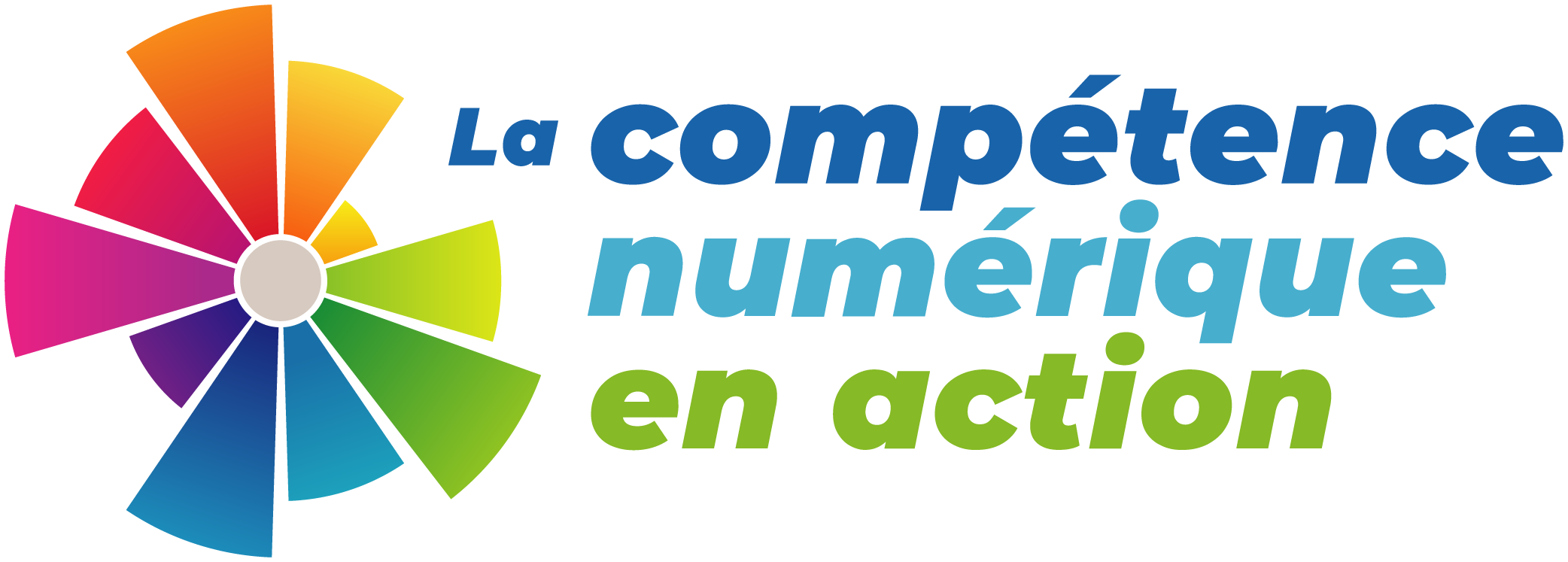VideoBriefs
This online tool generates summaries or bullet point overviews of YouTube videos.
Whose.land Task
Whose.land is a great platform to learn more about Indigenous communities, land acknowledgements, and more. You can use this platform to locate and search for information about Indigenous territories. In this DCA example, students use Whose.land to learn more about Indigenous territories in Quebec.
CO2 Trends with Python
In this lesson, learners will use Python and the Pygal graphing library to visualize data about one of the most important issues facing our country: greenhouse gas emissions and their relation to climate change.
AskYourPDF
An AI-powered tool that allows you to upload a PDF for free and ask questions about the PDF you uploaded. It can also suggest search questions from a PDF. A useful tool when you’re working with long pdf. documents!
summarize.tech
An free AI tool powered by Chat GPT that generates summaries of long online videos.
Youtube Kids
A search engine and application with built-in safe-search features for children.
Research and Citation Tools for Students: Common Sense Media — Top Picks
“Students are always needing to effectively gather, study, and cite sources for their essays and projects. As teachers know, the internet has made this process both more fruitful and more complicated… To this end, on this list you’ll find top-rated tools for not just collecting sources but annotating and citing them.”
WolframAlpha Computational Knowledge Engine
“This online tool provides data based on computations from curated sources.”
15 Ways To Use Twitter In Education (For Students And Teachers Alike)
How to Use Twitter to Search for Educational Content.
The Public Domain Review
“A website that features collections of images, books, essays, audio recordings, and films that are in the public domain. “
Photos for Class
“A searchable collection of Creative Commons images that is safe for students to use and provides the appropriate Creative Commons attribution in a watermark for citing.”
Purple Planet Royalty-Free Music
A search engine to find “Royalty free music to use in projects” .
Creative Commons
A search platform that allows users to search for content that can be reused, remixed and reshared.
Newseum Online Tool
Lesson plans provided by the Newseum on current events and history.










